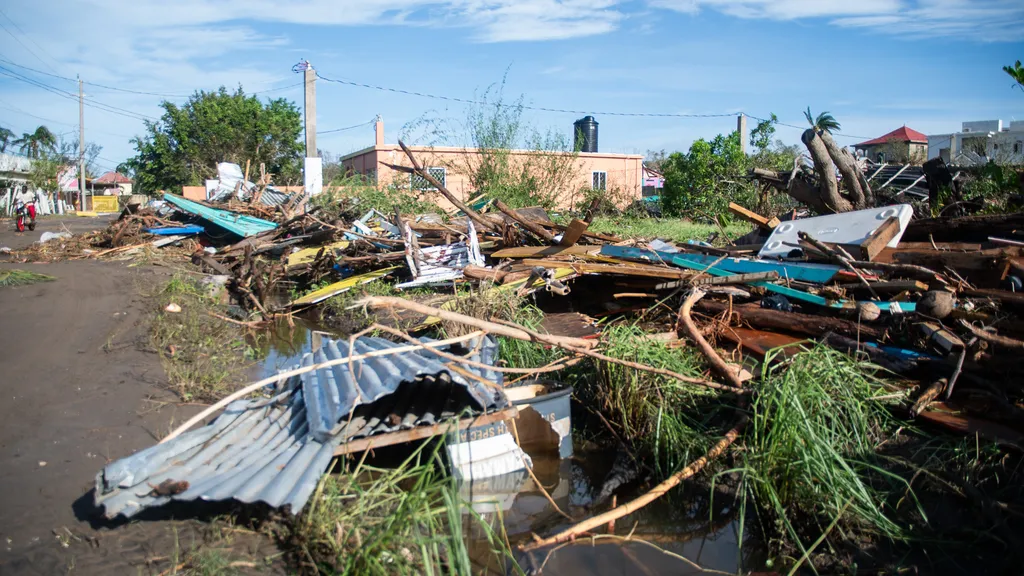Hurricane Melissa, one of the most powerful Atlantic storms on record, recently tore through Jamaica, Haiti, and Cuba, leaving a trail of destruction in its wake. The storm made landfall in Jamaica as a Category 5 hurricane, with winds reaching up to 185 miles per hour. The human and economic toll has been severe, with at least 49 fatalities reported across the Caribbean and damage estimates nearing $50 billion.
The intensity of Hurricane Melissa has been linked to the warming of our planet. A new analysis from Imperial College London suggests that warming has made such powerful hurricanes four times as likely to occur today as they were in preindustrial times. Warmer ocean waters, a consequence of global warming, provide more energy for hurricanes, allowing them to intensify rapidly and reach higher wind speeds. The analysis indicates that warming increased Melissa’s wind speeds by 7 percent, which in turn amplified the storm’s destructive power by 12 percent.
The agricultural sector, a vital component of the Caribbean economy, has been significantly impacted by Hurricane Melissa. The storm’s intense winds and heavy rainfall have devastated crops, damaged infrastructure, and disrupted supply chains. Farmers in the affected regions are facing substantial losses, with the full extent of the damage still being assessed. The long-term implications for food security and agricultural productivity in the region are a growing concern.
For investors, the increased frequency and intensity of such powerful hurricanes pose significant risks. The economic damage caused by Hurricane Melissa underscores the vulnerability of Caribbean nations to extreme weather events. Investors in the region’s agricultural sector, as well as related industries such as tourism and infrastructure, may face heightened risks and uncertainties. Diversifying investments and implementing climate-resilient practices could be crucial strategies for mitigating these risks.
The link between global warming and the intensification of hurricanes, as highlighted by the recent analyses, underscores the urgent need for climate action. Reducing greenhouse gas emissions and transitioning to renewable energy sources are essential steps in mitigating the impacts of climate change. Additionally, investing in climate-resilient infrastructure and supporting adaptive strategies in the agricultural sector can help build resilience against future extreme weather events.
As the Caribbean grapples with the aftermath of Hurricane Melissa, the broader implications for the agriculture sector and investors are clear. The increasing frequency and intensity of such storms, driven by global warming, pose significant challenges and risks. Addressing these challenges will require a concerted effort from governments, businesses, and the international community to build resilience and adapt to a changing climate.

